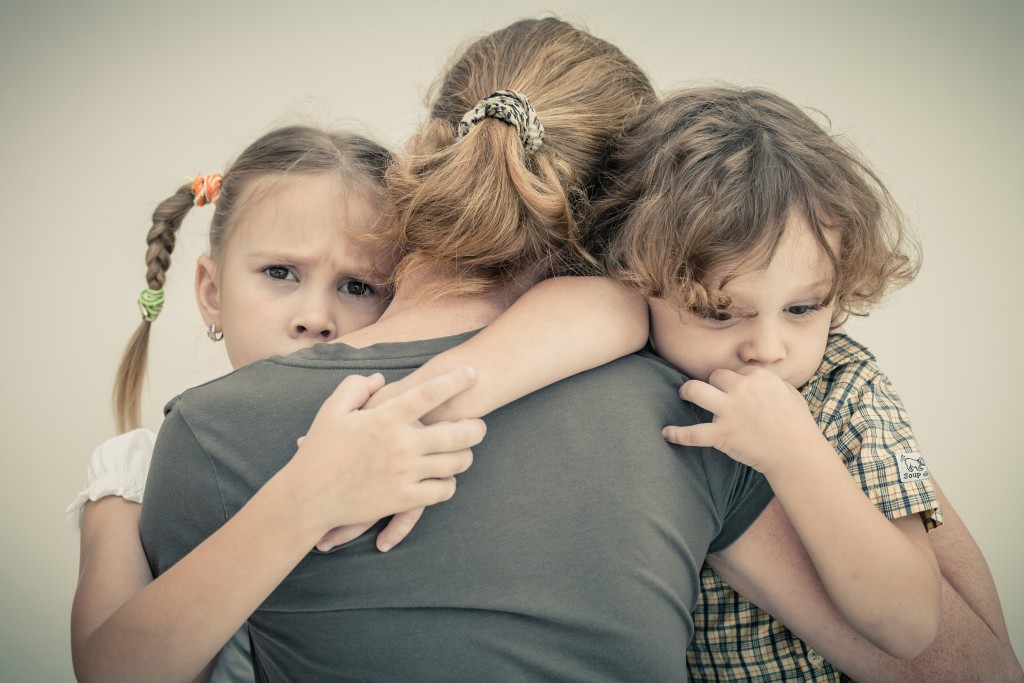Every parents’ worst nightmare is to have their children victimized by a child predator. Considering that these criminals aren’t always complete strangers, but rather people they actually know and trust, it’s extremely crucial to teach our children how to deal with people and situations that are potentially dangerous for them. We must also strongly secure our homes to make outsiders’ access difficult, if not impossible.
Below are tips to keep your kids and dwelling safe from potential child predators:
1. Install Durable Front Gates and Security Doors
First off, make all entrances to your property safeguarded. Have durable gates and fences built along your perimeters, and secure them with tough padlocks. Boost your all entrance and exit doors’ securities as well; choose a reliable security door installer near you and let a pro assess all the direct access areas to your home. You can even have your security door beautifully designed, so it can pose as simply an aesthetic enhancement when it’s actually a defense against undesirables.
Consider using more sophisticated locks, because simple ones can be unlocked by your children easily, allowing them to go out of the house if you’re not looking. Furthermore, if a child predator sees your child unlocking a door without fuss, it may encourage them to try picking your lock, too.
2. Instruct Kids to Never Open the Door For Anyone
Firmly tell you kids to never open the door for anyone under all circumstances. They should always call you first when someone’s at the door, even if it’s only the pizza delivery guy or your cheerful neighbor.
Also teach your kids to tell an adult “No” when they’re being asked to do anything uncanny. For example, a stranger or trusted adult may come knocking at your door, asking your kid for help on a certain task. Tell your kids that adults don’t ask kids for help, so they must immediately refuse if someone demands it from them.
3. Designate Trusted Adults

When you instruct your kids to not talk to strangers, only limit those strangers to anyone who invades their personal space; otherwise, it can be safe to talk to them. For example, if you’re hurt and in need of urgent medical care, teach your kids how to call 911 or to alert a trusted female neighbor about your situation.
Make a list of safe adults who are allowed to pick up your children from daycare or school and send them back home. They’re typically your parents and in-laws, siblings, and their babysitter. Instruct your child that those are the only people they can allow to be near them.
4. Get to Know Your Neighbors
Although there would be no guarantee that a nice neighbor is also entirely trustworthy, it still pays to get to know them as deeply as you can. Your instincts alone can be enough to warn you about a person, so if you feel uncomfortable with someone, don’t let them see your children, especially if you’re at work.
If your child plays a lot outside and they tell you about an adult that makes them uneasy, tell them to trust their instincts, and to stay away from that person. It would be safer to have a distrustful kid than to force them to be polite, only for them to end up being abused.
It can be distressing to constantly think about keeping your children safe from potential abusers, so bear in mind that paranoia isn’t the solution, but rather, education. Educate them about child abuse using age-appropriate techniques. The more they know about it, the lower their chances of being victimized. They can also share your teachings with their classmates, spreading more awareness about this disturbing reality.

